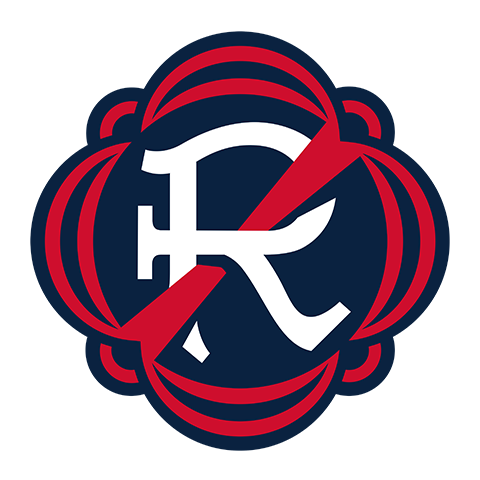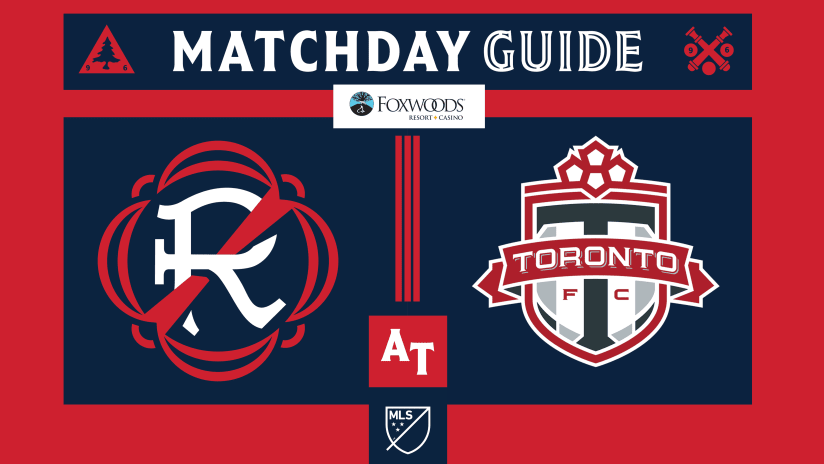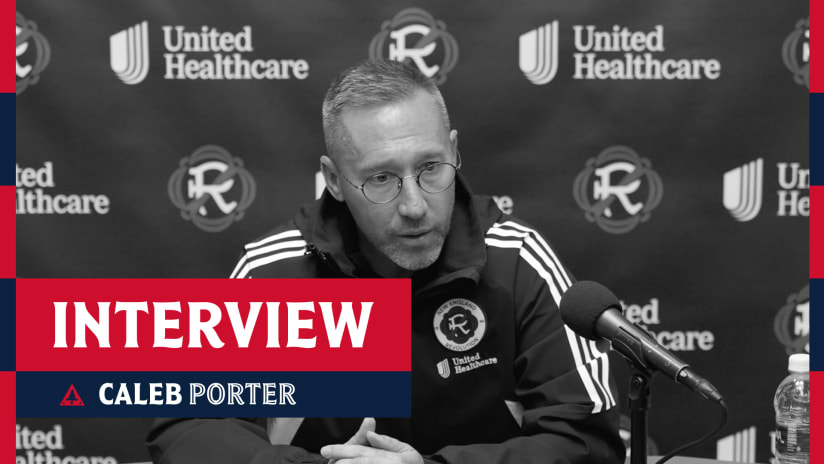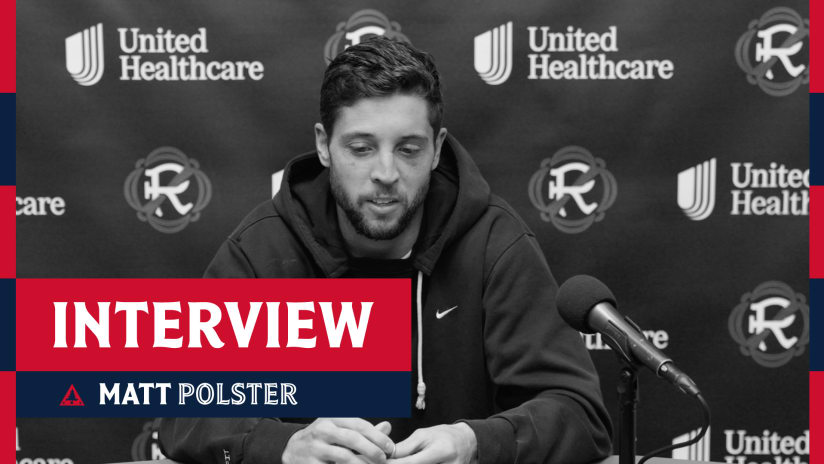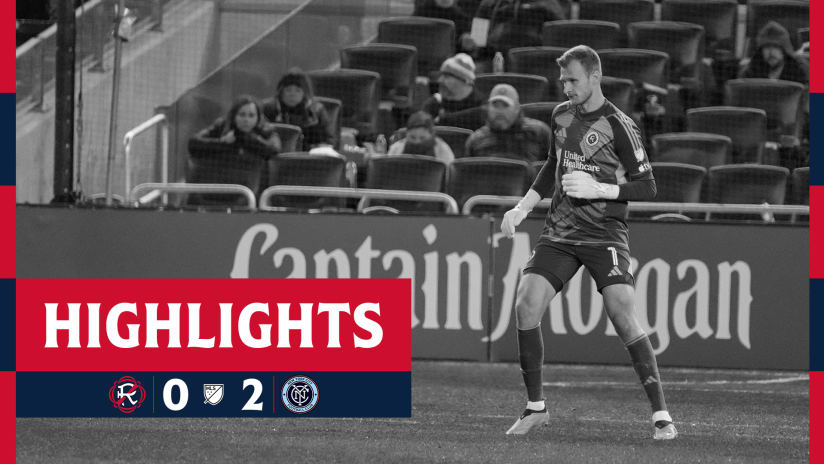FOXBOROUGH, Mass. – Head coach Steve Nicol ran out an identical starting lineup for the first two games on the 2010 schedule, a 1-0 loss to the LA Galaxy on March 27 and a 2-0 win over D.C. United on April 3. Unfortunately, that’s as much consistency as the Revolution’s starting 11 has seen through the first three months of the season.
Only on one other occasion has Nicol had the luxury of using the same lineup in two different games, that being in a 2-1 loss to the Colorado Rapids on April 24 and a 1-1 draw against FC Dallas on May 1. Otherwise, selecting the Revolution’s starters has been a weekly mix-and-match exercise contingent upon who has been healthy or at the very least, not suspended.
Through 12 games, the Revs have used 10 distinctly different lineups and have switched back and forth between a 4-4-2 formation and a 4-5-1 setup based on necessity and available personnel. While Nicol is loathe to use excuses to explain the Revolution’s poor start to the season, he admits that it’s been difficult for teammates to gain an understanding with each other when they’re lining up alongside different players each game.
“When you’re constantly changing, you lose that familiarity and the cohesion,” he said. “All the best [players] know what’s going on with their teammates before they even get the ball because they’re playing with them, and playing with them, and playing with them. You get to know everybody’s habits, how they like the ball (played to them) and where they like the ball. But when you’re constantly changing, and when you’ve got players constantly changing positions, all that stuff – it doesn’t completely go out the window, but you lose a whole lot of that.”
Nicol is a firm believer that the more a particular group of players plays together, the more they can learn each other’s tendencies. That type of knowledge leads to quicker decisions on the ball, and the rest of the game falls into place.
“When you can play a ball without thinking twice about it, then you’re saving the guy who’s getting the ball time,” he explained. “You’re saving him getting closed down and it gives him more time to make a decision and all the rest of it.”
The main culprit behind the Revolution’s inconsistent lineup has been an almost surreal run of injuries. Through 12 games, the Revs have amassed 70-man games lost because of injuries alone, not to mention an additional three matches lost to suspension and Shalrie Joseph’s five-game absence for personal reasons. After racking up 121 man-games lost because of injury last season, the Revs are on pace to lose 175 man-games in 2010.
Perhaps the most telling statistic to illustrate the Revolution’s injury woes relates to the club’s consistent inability to fill out a full 18-man game day roster. Through 12 games, only four times have the Revs been able to dress 18 healthy, available players.
“It’s definitely a little bit of a disadvantage,” said rookie forward Zack Schilawski of the Revolution’s constant lineup shuffle. “Obviously it’d be better if there was some continuity and we could get used to guys in certain spots, but we can’t really use it as an excuse. We’re all playing together in training every day, and by now we wish we would’ve figured out each other’s tendencies a little bit more.”
Schilawski’s point that the players have the chance to train together on a daily basis is well taken, and it’s true that all professional athletes aim to approach training sessions with the same intensity as a regular-season game. However, the fact is that players simply can’t form the same type of cohesion in a training session as they can in a game situation.
“You want training to simulate the game, but it’s just really not possible because you’re not playing against another team,” said Schilawski. “As many times as you can get guys out there on the field together in the same spots, the better.”
Nicol was more pointed in his characterization of the disparity between a training environment and game situations.
“What’s the difference between black and white?” he asked rhetorically when questioned of the difference between the training ground and a match. “It’s just a completely different world.”
The good news for the Revs is that they’re currently in the midst of a league-wide break for the group stage of the 2010 FIFA World Cup, providing a perfect opportunity for the players to regain their health. After dropping a 3-0 decision to Brazilian club Cruzeiro this past Sunday, June 13, the Revolution won’t play again until returning to league action against the Chicago Fire on Sunday, June 27, giving the club a full two weeks to regroup ahead of the unofficial “second half” of the season.
While the Revs will continue to train throughout the break, the players will be given a string of four consecutive days off beginning this weekend and running through next Tuesday, June 22. They’ll return to training on Wednesday, June 23, to begin preparing for the archrival Fire, and the hope is that the players will be refreshed both mentally and physically.
“[The break] is a great advantage for us at this point,” said veteran defender Cory Gibbs, who has experienced the grind of long seasons in a variety of leagues throughout his career. “With the spell that we’re going through, I think mentally we need to just relax our minds. Then when we return to training we need to step it back up and just have a different mindset. The intensity has to be that much higher game in and game out.”
